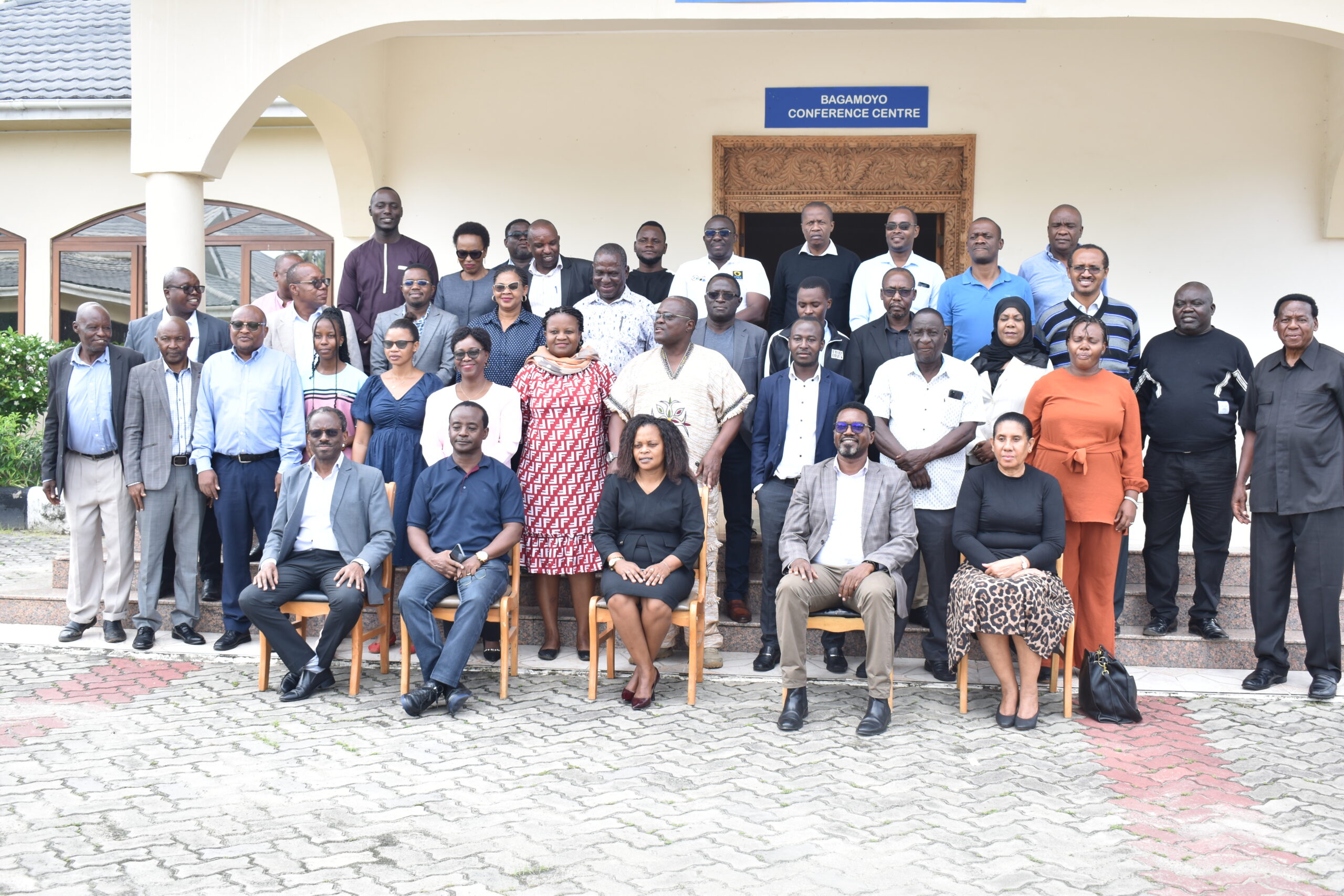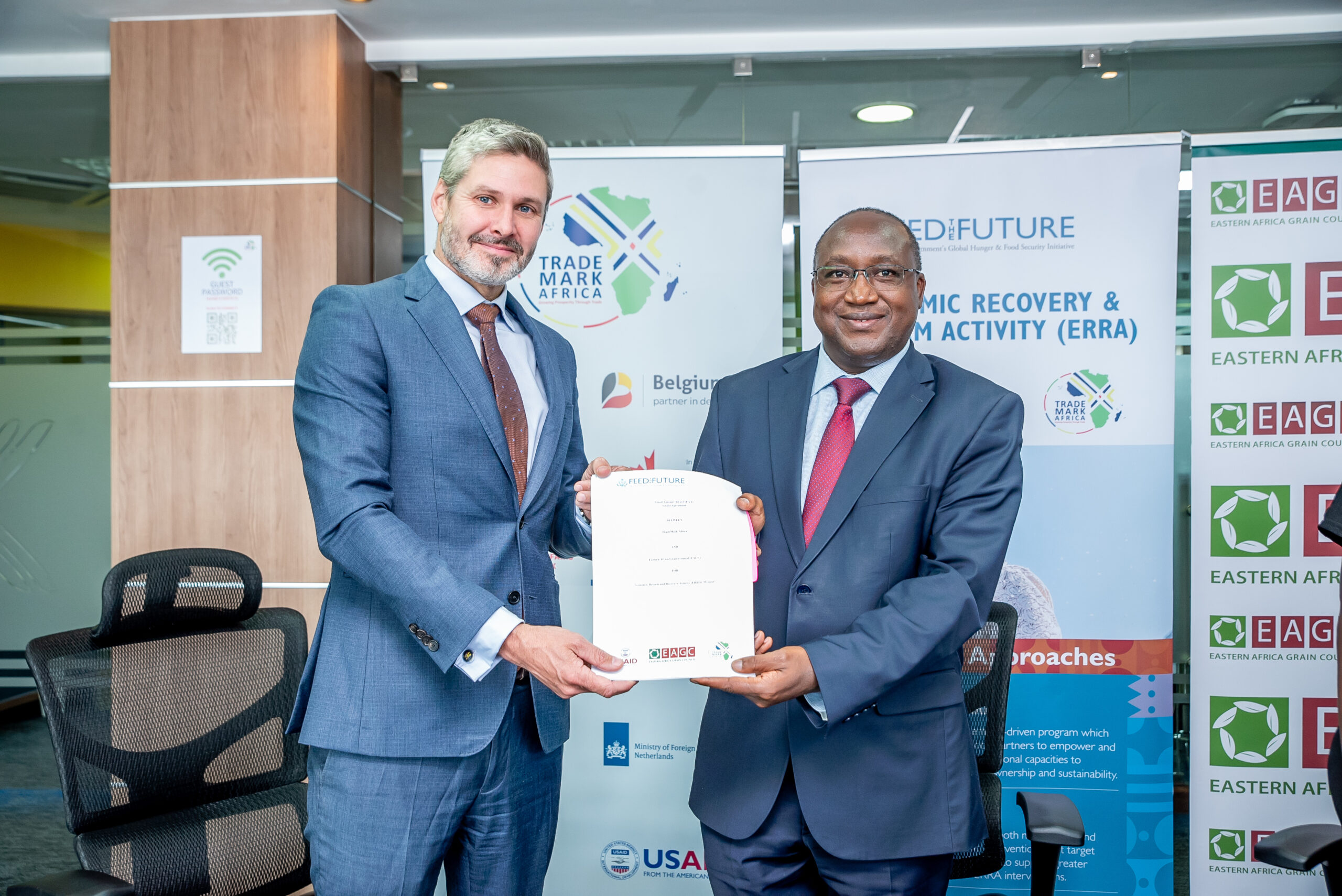Kigoma PIATA Tija Project: The way out for youth unemployment
Kigoma, Tanzania:
For the 30 year old Innocent Michaeli, a father of one, from Nyakitonto Village, Kasulu District, Kigoma Region, farming is not just a job but a way of life.
When the rain falls, his heart rise up in anticipation as he goes out of his way to do the best so as to produce the best maize, beans and cassava in his land.
After he finished school in 10 years ago like most other villages, he started off peasantly agriculture. His father gave him land to start off, about 10 acres. Most of the time, he could only produce enough for food. Sometimes small amount were left, and he would sell. It was never an easy life.
He had heard the saying that information is power before but little did he know that it would change his whole outlook on farming, for the better.
When he heard that Nyakitonto Youth for Development Tanzania(NYDT) trainers were going to visit his village late in 2017, he decided to give it a try.
“Information and knowledge I, and others received was pivotal in my transformation — -after several training sessions, we came together as 45 youths to give serious farming a go. Out of the group 8 of us – male(6), female(2) have become very active in modern farming,” he notes.
In the current season, his group has managed to put about 63 acres on modern maize farming. The land belongs to his father, who has decided to support the young men and women. In all the surrounding villages, there are youth groups doing farming at the moment, he says.
Their expectation is to get at least 18 sacks of maize from each acre, and the prospects looks great as they near the harvest. “Our projections is to get over TZS 60 million after we sell of our maize.” he says.
“More and more youths want to participation in agriculture….there are mountains of challenges to overcome, but it’s the best way out for gainful employment,” he notes.
Like thousands of other youths from across Tanzania, for Michaeli, it is only agriculture and agribusiness that offers him a way out of poverty and better life.
The youth being the majority in Tanzania, and their numbers thought to run in thousands of unemployed, like Michaeli, one of the best way out of unemployment and poverty is agriculture and agribusiness.
Tanzania’s National Strategy For Youth Involvement In Agriculture (Nsyia) 2016-2021 is very candid that agricultural sector should be made to provide “opportunities for the youths to fully realise their potentials,” along the agricultural value chain.
Ramadhani Joel, Project Manager, NyakitontoYouth for Development Tanzania(NYDT), expresses great optimism for youth in agriculture not only in Kigoma, but in Tanzania as a whole.
His organisation, is part of the Kilimo Tija Tanzania project, Kigoma consortium, which is financially supported by Alliance for a Green Revolution in Africa (AGRA) . The project seeks “agricultural transformation for increased income and improved food security and livelihood among Smallholder farmers in the western Tanzania”
NYDT has been responsible for training about 2,170 farmers, where 85 percent are youth (male 70 percent and female 30 percent).
The trained farmers, who got all round education on farming from preparing land, seeds, harvests and markets at the cost of their time only, each one committed to train about 80 villagers.
This was back from late 2017 and early 2018. According to his follow up, so fair project has brought transformation to over 150,000 framers in Kigoma region, through trained farmers, training other .
In the past, smallholder farmers in Kigoma used to produce about 1 to 3 sacks of maize in an acre. After using improved maize varieties, fertilizers and practising good husbandry, they are able to harvest over 8 bags per acre.
Francis Daniel, maize farmer, Nyakitonto Village is happy a lot of young men and women are more willing to be involved in farming.
“In 2018/2019 I have seen some great transformation. Our young people are asking their parents for land to practise farming. It might seem a baby step, but for many parents it means alot,” he notes.
The government of Tanzania describes the youth as a person between the ages of 15-35. In essence according to the last population census, 15-24 years: 20.03% (male 5,561,922 /female 5,543,788) of population while 25-54 years, comprised 30.02% (male 8,361,460 /female 8,284,229.
Faidaya Misango, a district agricultural officer in Kasulu, says that Kigoma receive high quantities of rainfall, has fertile soils with good potential for growing a variety of perennial and annual crops for food and the market. If the full potential of kilimo is realised, majority of the residents in the region would kiss poverty bye.
Interviewed farmers and stakeholders noted that many challenges remain that need to be addressed, including mechanisation, financial inclusion, shortage of improved seed varieties and fertilisers.


